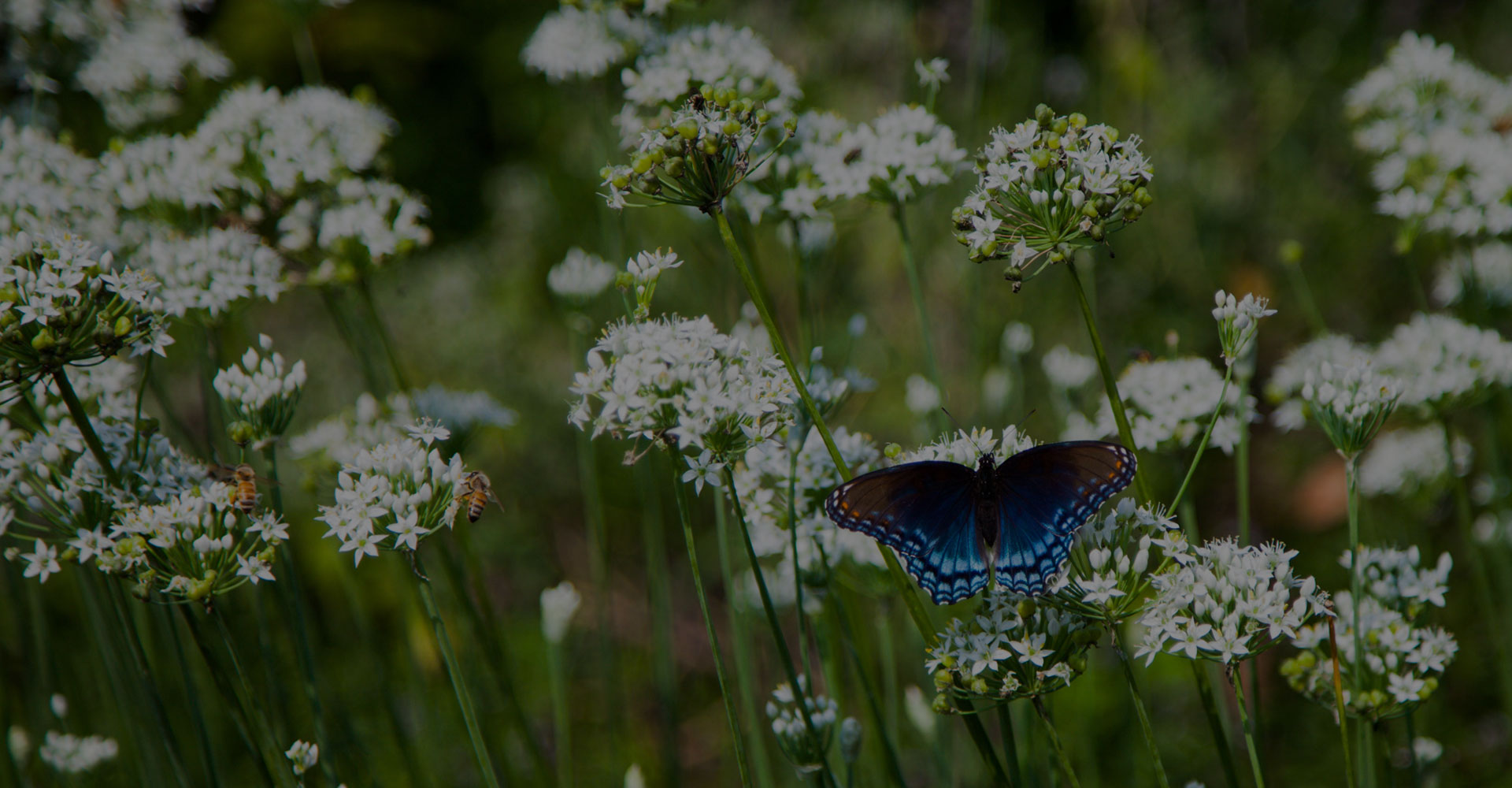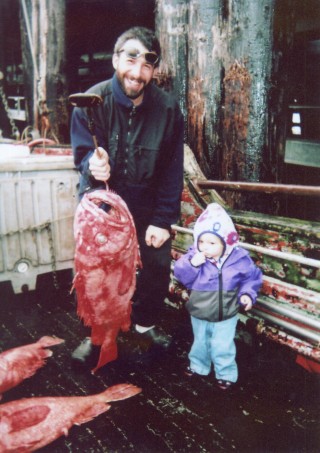21 Mar Otolith Sustainable Seafood
Going to the seafood counter at the grocery store is a downright overwhelming experience, if you ask me. Last time I stopped by to pick up some fish for a recipe, I got so overwhelmed that I nearly left empty handed. Most neighborhood grocers provide little information about the fish they offer. Even when they do offer info about origin or catch method, it’s hard to decipher what it all means– and what is the best for our bodies, our environment, and our budgets. Plus, there’s this business about modern-day slavery aboard fishing vessels in New Zealand that I read about the other week. What the heck is a fish lover to do?
Luckily, at Blooming Glen Farm we’ve got Amanda Bossard, owner of Otolith Sustainable Seafood, in our corner.
Amanda started Otolith in 2007 with her husband Murat, when his fishing boat and business in Alaska were under severe threat of financial ruin. Based on what commercial fish processors were paying per pound for their catch, it was impossible to keep up with boat maintenance, permits, and employee salaries—let alone take in a profit each year.
It was then that their accountant gave them the idea to start a fish CSA. Amanda was a member of a Lancaster CSA, and it was easy for her to see how the direct harvest-to-consumer model would work for her family’s fish. Much like the CSA at Blooming Glen Farm, the Community Supported Seafood (CSS) program at Otolith provides a steady and fair income for the fishermen while providing you, the consumer, with the highest quality fresh and sustainable food. And here’s the best part: you can pick up your seafood share right here at Blooming Glen!
Otolith is on a mission to promote sustainable fishing and bring you the best the ocean has to offer. Amanda describes herself at “just a fish snob with two little kids,” but she is much more than that. She is one of the most passionate people I’ve ever talked to, and once you get her started on fish, watch out. With a background in marine biology and over a decade as a fisherman’s wife, she knows what she’s talking about, too. With Otolith, you can be sure your fish is good for the planet, good for your health, and good for the people that catch it.
Otolith has committed to:
1. Eliminating trawling as a fishing gear method. As Amanda told me, the oceans simply can’t sustain the pressure of commercial trawling (that would be the way your run of the mill, grocery store seafood is caught). The ocean does produce an abundant supply of the renewable resource that is seafood, but we’ve got to be responsible in the way we harvest it.
2. Reducing pollution in the oceans. By committing to purchasing from small independent harvesters (including her husband’s boat), Amanda can be certain that the boats catching your fish have a low environmental impact.
3. Creating a new generation of fishers that are concerned with sustainability. Amanda is a firm believer in economic incentive. “I don’t believe in a million years that change can ever come unless it’s in your financial interest,” she says. By providing the CSS model that is economically viable, she is proving that sustainable seafood harvest is in the fishermen’s financial interest as well as moral interest.
The Otolith CSS offers a variety of different options including halibut, rockfish, sablefish, Pacific cod, and Dungeness crab, and wild salmon. All of the fish is sushi-grade, long-line caught in Alaska by small boats, blast frozen and packaged into conveniently sized pieces, and delivered direct to your chosen pick-up location during its appropriate season.
I’m signing up for the salmon share because Amanda said it changed her life—and at $12 a pound, it’s a downright bargain. Which one will you chose?
How to participate:
· Log on to Otolith’s website and read about your different CSS options.
· Fill out and send in your enrollment form for one (or more) of the shares.
· Pick up your sustainably caught seafood at Blooming Glen Farm when you come to pick up your CSA share.
For questions or clarifications about the Community Supported Seafood program or sustainable seafood in general, you can contact Amanda at Otolith by calling 215.426.4266 or emailing inquiries@otolithonline.com
Written by Kate Darlington – Blooming Glen Farm second year intern, Colorado native, and food lover.






Sorry, the comment form is closed at this time.